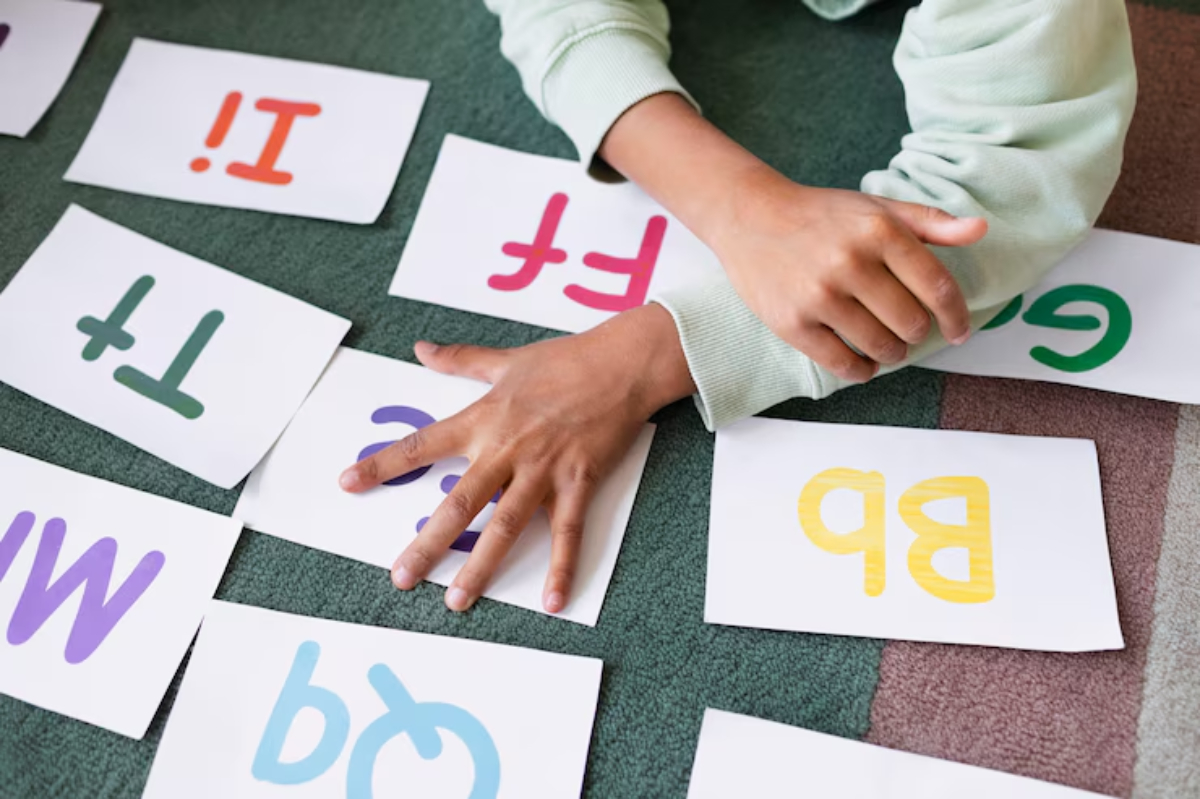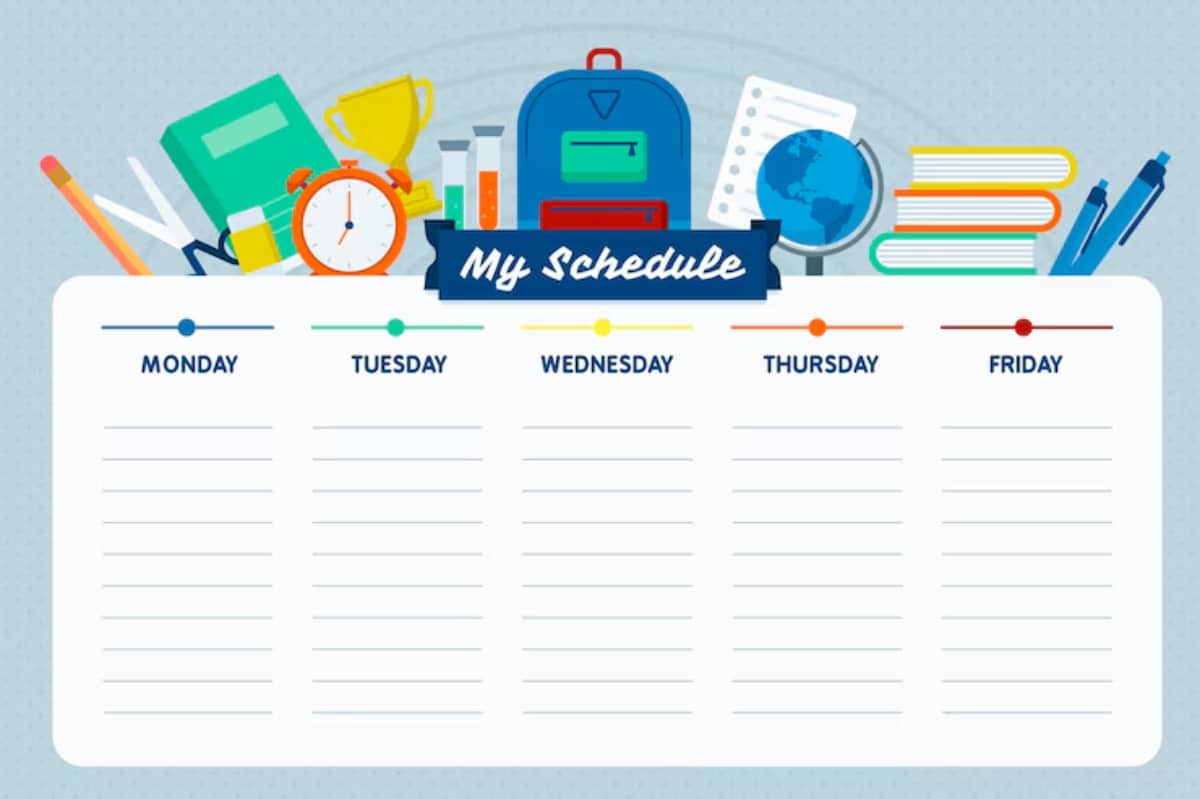
Top Homeschool Programs for Dyslexia Support
Homeschooling a child with dyslexia comes with its own set of challenges and rewards. Are you on this journey? You might be wondering: What’s the best homeschool curriculum for dyslexia? Or, where can I find reliable dyslexia homeschool resources?
The good news? You’re not alone; fantastic programs are designed to help your child thrive.
This post will explore the best homeschool curricula for dyslexia, show essential features to consider, and give tips for a smoother, more successful homeschooling experience.

Why Homeschooling Can Be a Great Fit for Dyslexia
Dyslexia impacts reading, spelling, and writing. However, it doesn’t stop a child from doing well in school. Traditional classrooms often don’t offer the individual support dyslexic learners need.
That’s where homeschooling can shine:
- Personalised learning pace
- One-on-one attention
- Tailored teaching methods
- Freedom to explore different tools and resources
Choosing the right curriculum and support can make learning a positive experience.

What to Look for in a Homeschool Curriculum for Dyslexia
Before we review specific programs, let’s first grasp what makes a curriculum effective for dyslexia. Here are some must-have features:
- Multisensory approach: Lessons that engage sight, sound, touch, and movement.
- Explicit, systematic phonics: Clear, step-by-step reading instruction.
- Repetition and review: Regular practice to build confidence and mastery.
- Adaptable pace: Flexibility to slow down or revisit tricky topics.
- Encouragement of strengths: Chances to excel in art, science, or hands-on activities.
Now, look at the top dyslexia homeschool resources that tick these boxes.
1. All About Reading
Why it works:
All About Reading is a popular program. It uses the Orton-Gillingham approach. This method is an excellent choice for helping people with dyslexia.
Key features:
- Multisensory activities (think letter tiles, flashcards, and hands-on games)
- Step-by-step phonics instruction
- Built-in review to reinforce learning
- Easy to follow for both parents and kids
Parents often praise the confidence their children gain from this program, especially in early reading.

2. Barton Reading & Spelling System
Why it works:
Barton is another Orton-Gillingham-based program, designed specifically for children with dyslexia.
Key features:
- Highly structured and scripted lessons
- One-on-one teaching (ideal for homeschooling)
- Focus on both reading and spelling
- Extra support for students who need a slower pace
It’s a bit more intensive, but it’s trusted by many specialists and parents alike for building solid reading skills.
3. Nessy Reading & Spelling
Why it works:
Nessy makes learning fun and interactive. It uses online games and videos to teach reading and spelling.
Key features:
- Designed for ages 5–12
- Bright, game-based learning that keeps kids engaged
- Covers phonics, fluency, comprehension, and vocabulary
- Progress tracking for parents
Nessy is a fantastic option for children who love tech and need lots of visual support.
4. Logic of English
Why it works:
Logic of English is a complete program. It combines phonics, spelling, grammar, and handwriting.
Key features:
- Multisensory lessons with clear explanations
- Works for a range of ages (great if you’re homeschooling multiple children)
- Strong focus on “why” English works the way it does—great for curious minds
- Offers both beginner and advanced levels
It’s praised for being flexible and adaptable to different learning styles.
5. Wilson Reading System
Why it works:
Wilson is a research-based program. Schools often use it, but it’s also great for home settings.
Key features:
- Deep focus on phonemic awareness and decoding
- Structured, cumulative lessons
- Includes spelling and fluency work
- Ideal for older students who need foundational reading help
It’s more formal than some programs, but it’s very effective. This is especially true for students who have struggled before.
Bonus: Extra Dyslexia Homeschool Resources
In addition to complete curricula, there are many great tools to support your child’s learning:
- Audiobooks: Services like Learning Ally and Audible help kids enjoy books, even if reading is tough.
- Speech-to-text apps: These apps help kids share their ideas without stressing over spelling. Tools such as Dragon Naturally Speaking make this easy.
- Reading rulers and overlays can make text more straightforward and reduce visual stress.
For more ideas, check out our guide to homeschooling tools for special needs.
Tips for Homeschooling a Child with Dyslexia
Homeschooling a dyslexic child is a journey; every family’s path is different. Here are some tips that can help along the way:
- Celebrate small wins: Progress can be slow, but each step forward is worth it.
- Be patient: Be patient with your child and yourself.
- Use breaks wisely: Short, frequent breaks can keep frustration at bay.
- Stay flexible: If a resource isn’t working, it’s OK to pivot.
- Find your tribe: Look for local or online groups that focus on special needs homeschooling. They offer support and ideas.
A Word of Encouragement
If you’re feeling overwhelmed, know this: you don’t have to do everything perfectly. Your dedication and adaptability make you a great teacher for your child.
As Sarah, a homeschool mum from Leeds, shared:
“When we first started, I was scared I wouldn’t be able to meet my son’s needs. But with the right tools and lots of patience, we’ve seen amazing growth and more confidence.”
Read our blog to know more about ADHD-friendly home curricula.
The Right Support Makes All the Difference
Choosing the right homeschool curriculum for dyslexia is vital for your child’s learning. With the right resources and a bit of trial and error, you’ll find what works best for your family.
Do you have a favourite program or resource to recommend? We’d love to hear your experience in the comments below! Subscribe for more tips and reviews to help with your homeschooling journey!


